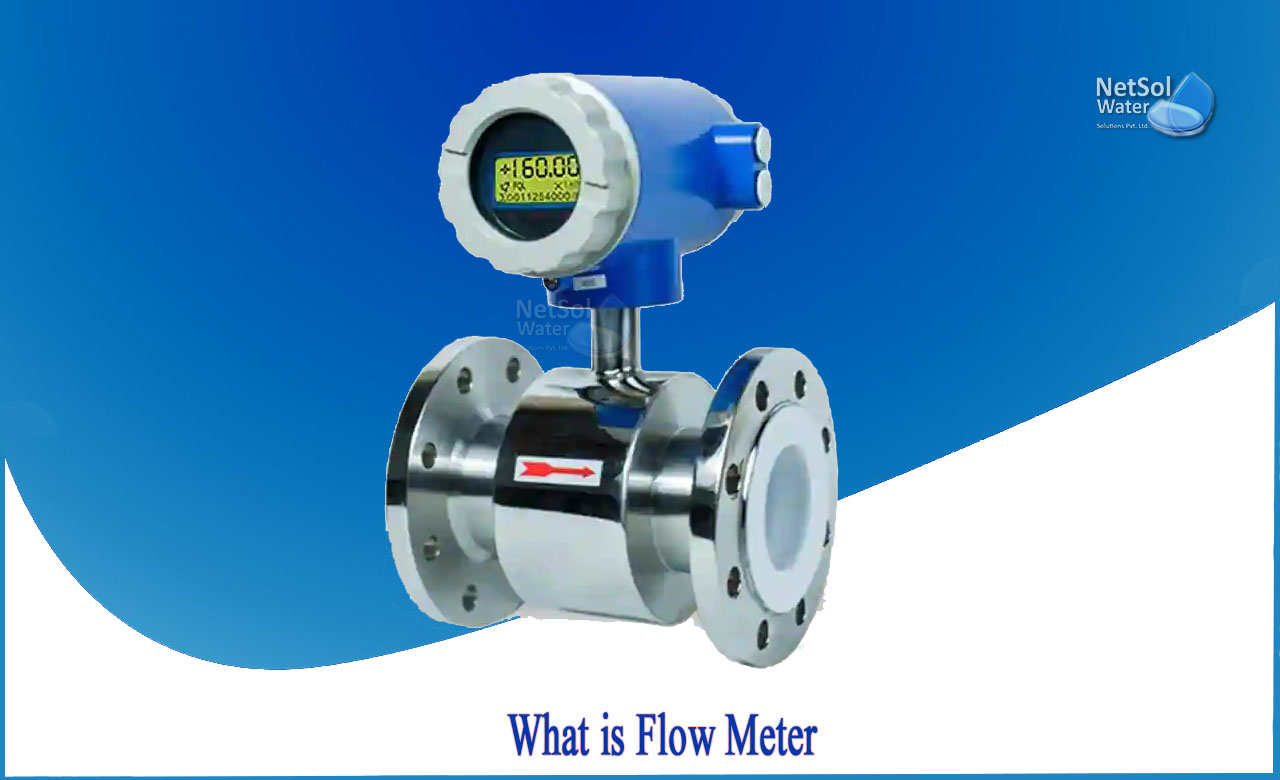What is a flow metre?
A flow metre (also known as a flow sensor) is a device that measures the linear, nonlinear, mass, or volumetric flow rate of liquids or gases. When selecting flowmeters, intangible aspects such as plant personnel familiarity, calibration and maintenance experience, spare parts availability, and mean time between failure histories, among others, should be considered at the specific plant site. It is also suggested that the cost of the installation be calculated only after these stages have been completed.
The reverse of this cycle is one of the most prevalent flow measurement errors: instead of picking a sensor that will function well, an attempt is made to justify the usage of a device because it is less costly.
Fluid properties and flow characteristics
The fluid and its properties should be listed, including pressure, temperature, permissible pressure drop, density (or specific gravity), conductivity, viscosity and vapour pressure at maximum working temperature, as well as an explanation of how these properties may vary or interact. Furthermore, all safety or toxicity information, as well as specific information on the fluid's composition, presence of bubbles, solids (abrasive or soft, particle size, fibres), tendency to coat, and light transmission properties, should be provided.
Ranges of Pressure and Temperature
When choosing flowmeters, the expected minimum and maximum pressure and temperature values should be supplied in addition to the typical working values. These facts, too, should be stated: whether flow can reverse, whether it does not always fill the pipe, whether slug flow (air-solids-liquid) can develop, whether aeration or pulsation is likely, whether sudden temperature changes are possible, and whether special precautions are required during maintenance and cleaning.
Area for piping and Installation
Consider the following factors when planning the piping and the area where the flowmeters will be installed: piping direction (in liquid applications, avoid downward flow), material, schedule, flange-pressure rating, accessibility, size, up or downstream turns, valves, regulators, and available straight-pipe run lengths.
If vibration or magnetic fields are available or possible in the area, if electric or pneumatic power is available, if the area is categorised for explosion hazards, or if there are any other special requirements, such as sanitary or clean-in-place (CIP) regulations, the specifying engineer must be aware of them.
Flow rates and precision
The next step is to calculate the metre range required by determining the minimum and maximum flows (mass or volumetric) to be monitored. The required flow measurement accuracy is then calculated. The flowmeter's performance may not be satisfactory over its entire range unless you are aware of these requirements.
Absolute precision is crucial in applications where products are sold or purchased based on metre readings. In some cases, consistency may be more essential than perfect precision. As a result, it is recommended that each application's accuracy and repeatability criteria be established separately and included in the specifications.
When the accuracy of a flowmeter is expressed in percent CS or percent FS units, the absolute inaccuracy will increase as the recorded flow rate decreases. When metre error is expressed in percent AR, the error remains constant in absolute terms for high and low flows. A sensor with a percent FS performance will always have a bigger inaccuracy than one with the same percent CS specification because full scale (FS) is always a larger amount than calibrated span (CS). As a result, in order to compare all bids evenly, all quoted error claims should be converted to the same percent AR units.
All accuracy declarations are transformed into uniform percent AR units in well-prepared flow metre specifications, and these percent AR requirements are given individually for minimum, normal, and maximum flows. At lowest, normal, and maximum flows, all flowmeter specifications and bids should clearly describe the meter's accuracy and reliability.
Netsol Water is Greater Noida-based leading water & wastewater treatment plant manufacturer. We are industry's most demanding company based on client review and work quality. We are known as best commercial RO plant manufacturers, industrial RO plant manufacturer, sewage treatment plant manufacturer, Water Softener Plant Manufacturers and effluent treatment plant manufacturers. Apart from this 24x7 customer support is our USP. Call on +91-9650608473, or write us at enquiry@netsolwater.com for any support, inquiry or product-purchase related query.



